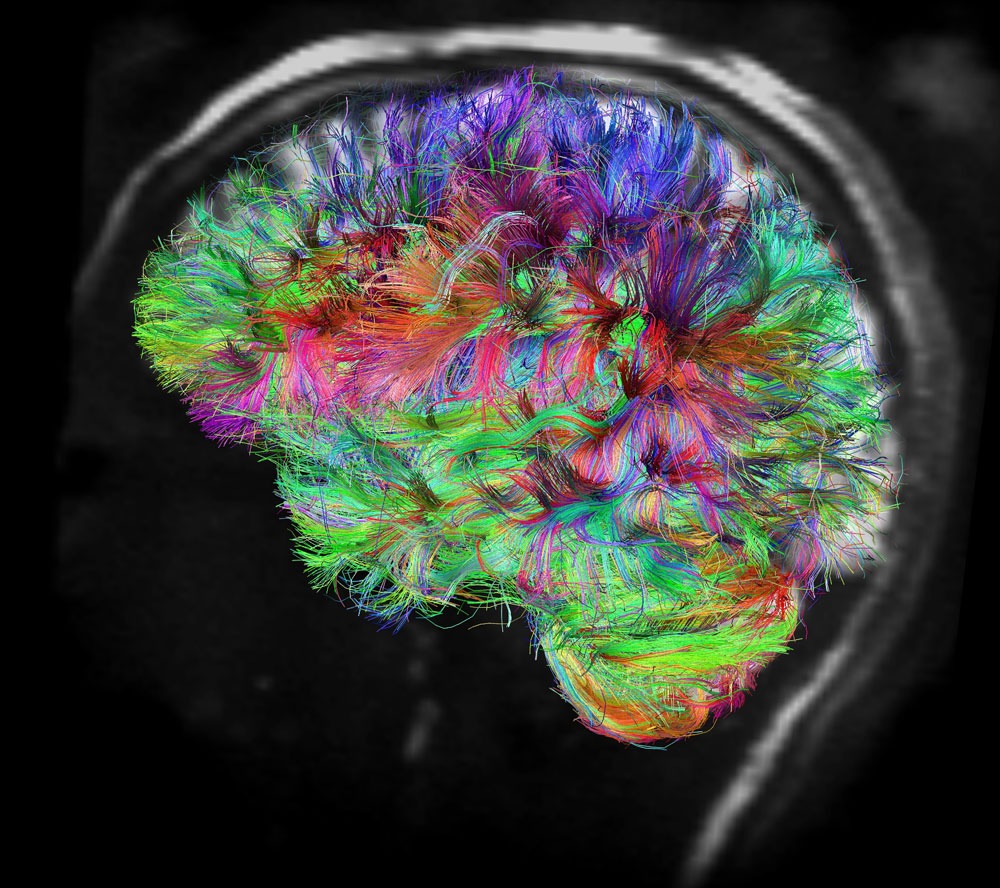Posts Tagged ‘depressive disorders’
Studies find growing evidence linking weight, physical activity, neuroplasticity and depression
Being overweight can cause depression — and exercise is an antidote, dual studies confirm (Runner’s World): A large-scale study from the University of Exeter has found ‘robust evidence’ that being overweight hikes up your risk of developing depression – but as fresh evidence confirms, logging your morning miles is one of the most effective ways to…
Read MoreNeuroengineering meets neuroethics to address treatment-resistant depression
___________________ Is This the Future of Mental Health? (USC Viterbi School of Engineering): “Brain–machine interfaces (BMIs) provide a direct pathway to the brain to translate brain signals into actions … Below, Shanechi (Note: Maryam Shanechi, PhD, assistant professor of electrical and computer engineering) answers some questions about her work and what the future might hold…
Read MoreStudy finds psychiatric diagnoses to be ‘scientifically meaningless’
__________ Psychiatric diagnosis ‘scientifically meaningless’ (Science Daily): “A new study, published in Psychiatry Research, has concluded that psychiatric diagnoses are scientifically worthless as tools to identify discrete mental health disorders. The study, led by researchers from the University of Liverpool, involved a detailed analysis of five key chapters of the latest edition of the widely used…
Read MoreStudy: Cognitive Behavioral Therapy helps treat depression–especially among women–but benefits are declining steadily
. Researchers have found that CBT is roughly half as effective in treating depression as it used to be (The Guardian): “Everybody loves cognitive behavioural therapy. It’s the no-nonsense, quick and relatively cheap approach to mental suffering…So it was unsettling to learn, from a paper in the journal Psychological Bulletin, that it seems to be…
Read More



